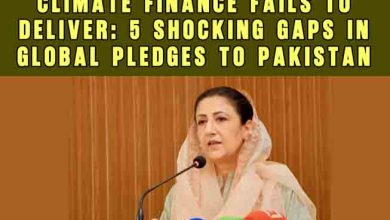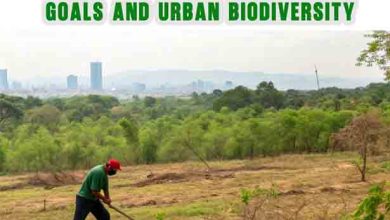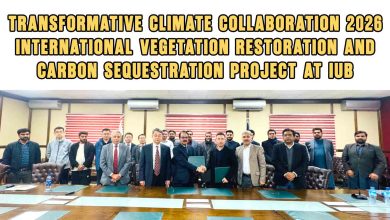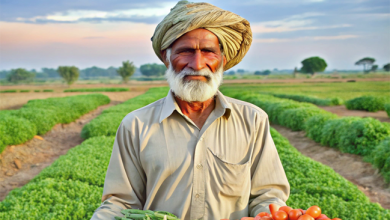#Pakistan restores #mangroves under #CPEC, says Ghurki
#LAHORE – #Pakistan China Joint Chamber of Commerce and Industry (PCJCCI) President Moazzam Ghurki said on Tuesday that Pakistan has a lot to learn from China’s experience in addressing climate change issues.
Sharing his views during a think-tank session here at #PCJCCI Secretariat, he mentioned that recently 16 acres of mangrove forest had been successfully restored in the Sonmiani Marsh Dam area of #Balochistan under the CPEC (China-Pakistan Economic Corridor). It has made smooth progress in the construction of the mangrove biodiversity and mangrove restoration demonstration zones in Pakistan.
Ghurki said that China had come a long way in its fight against climate change and environmental degradation, and Pakistan will benefit from China’s experience, including the use of new techniques to counter climate change at home. “Pakistan will take a leaf out of China’s book on the successful greening of degraded grasslands, deserts, and restoration of forests,” he added.
PCJCCI Senior Vice President Fang Yulong said that according to China Economic Net (CEN), SCSIO was leading a project titled “Database Construction of Mangrove Biodiversity in South Asia and Southeast Asia, and Construction of Anti-pollution Ecological Restoration Demonstration Zones,” which is being conducted in collaboration with the #Lasbela #University of #Agriculture, #Water & Marine Sciences (LUAWMS) in Pakistan. As part of this project, the research team utilized the R&D technology of the Chinese Academy of Sciences to apply the mangrove anti-pollution ecological restoration afforestation technology to restore damaged coastal wetlands in Pakistan.
He added that Pakistan had over 5,000 large and small glaciers and more than 100 lakes, which jointly make up the world’s largest fresh water reservoir. But Pakistan is one of the most vulnerable countries facing the risks of climate change, including the melting of glaciers; it is high time for Pakistan to seriously value its natural resources to combat the negative impacts of climate change.
On this occasion, Vice President Hamza Khalid said that mangroves, as one of the most productive and diverse ecosystems on earth, play a crucial role in preventing floods that could affect 39 per cent more people annually if they were absent.
According to the International Union for Conservation of Nature (IUCN), mangroves are exceptional carbon sinks, with three to five times greater carbon storage capacity than tropical forests, so restoration of such an incredible forest is one of the major milestones of the #CPEC.







